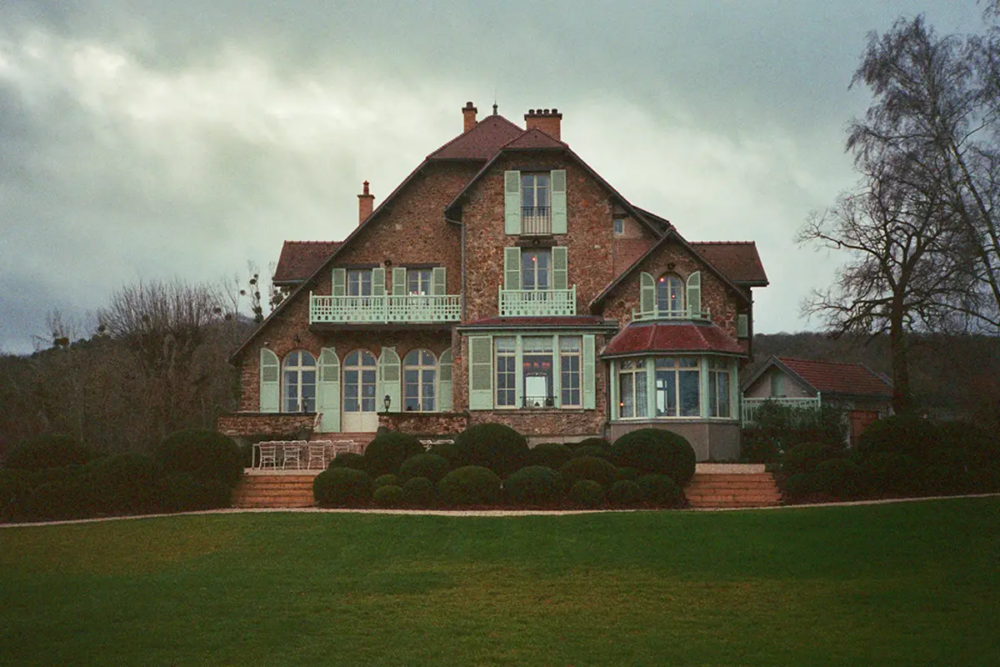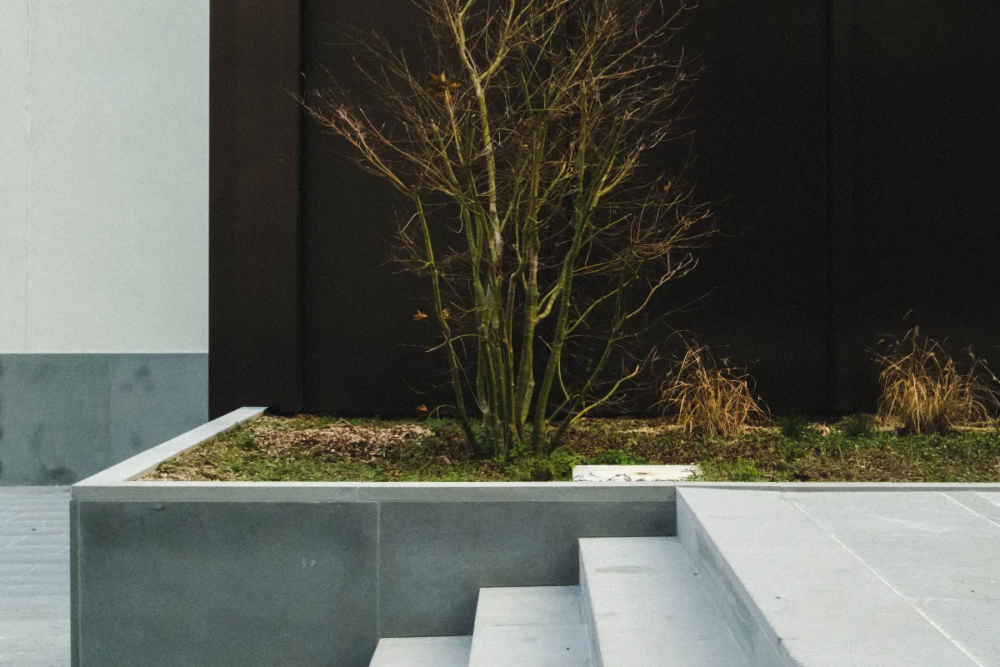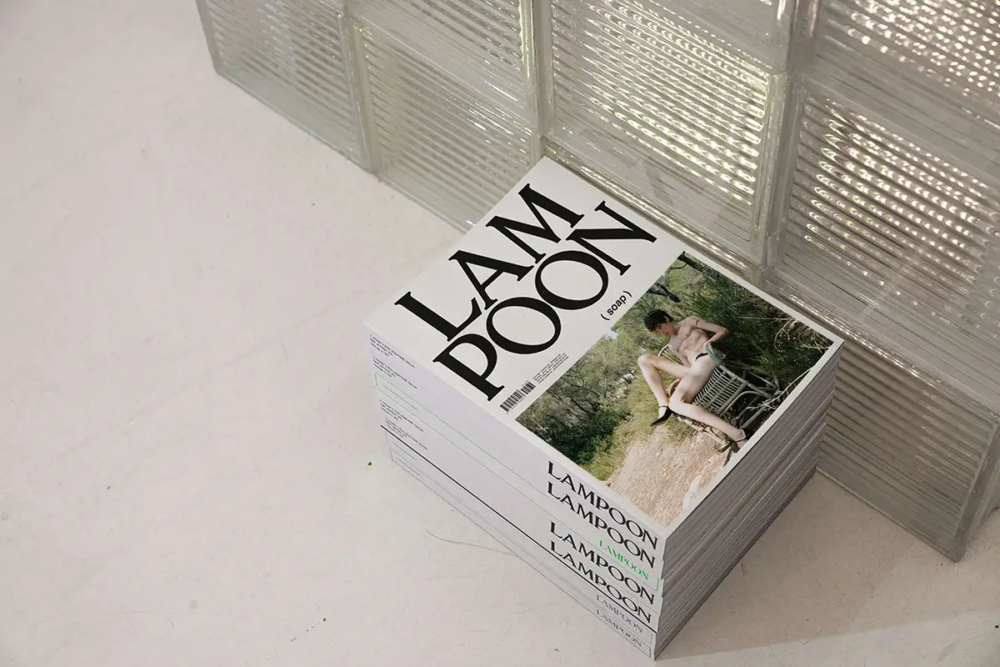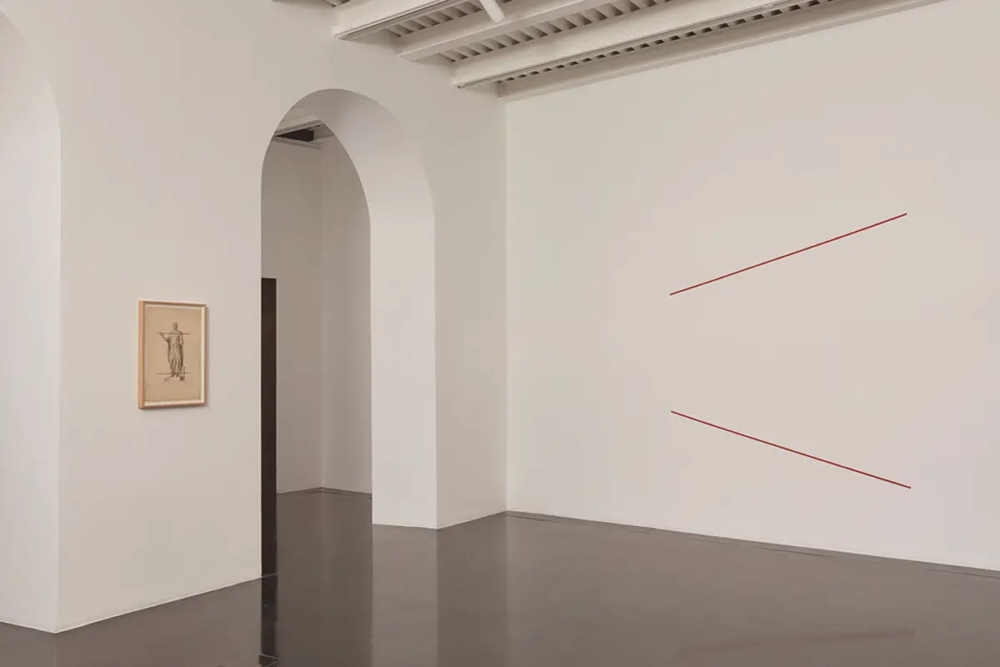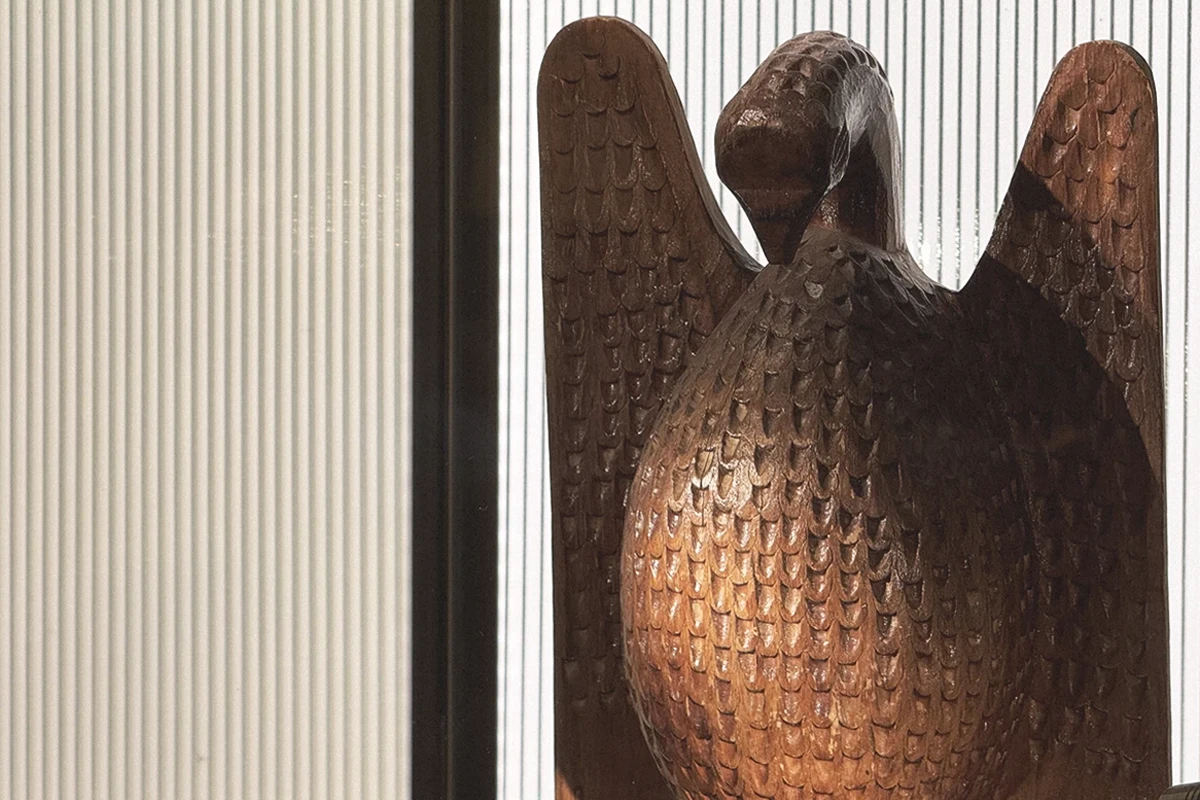
Brach Paris casts future heritage through circular design in the capital’s greening west
From industrial bones to Bauhaus-meets-Surrealist alchemy, Philippe Starck turns the concrete shell at 1–7 rue Jean-Richepin into a political statement of circular design, complete with rooftop vegetables
From Postal Depot to Five-Star Flagship
The seven-thousand-square-metre block at 1–7 rue Jean-Richepin spent the late twentieth century as a utilitarian postal-sorting centre. In 2018 the French group Evok invited Philippe Starck to reinvent the concrete shell; carte blanche, he spliced 1930s industrial bones with Bauhaus rigour, Dada wit and Surrealist whimsy.
Brach Paris is a 59-room, five-star urban resort where the designer’s eclectic mise-en-scène collides with a sustainability agenda. The conversion kept 80 per cent of the original structure, avoiding the embodied-carbon cost of a new build and preserving the neighbourhood skyline.
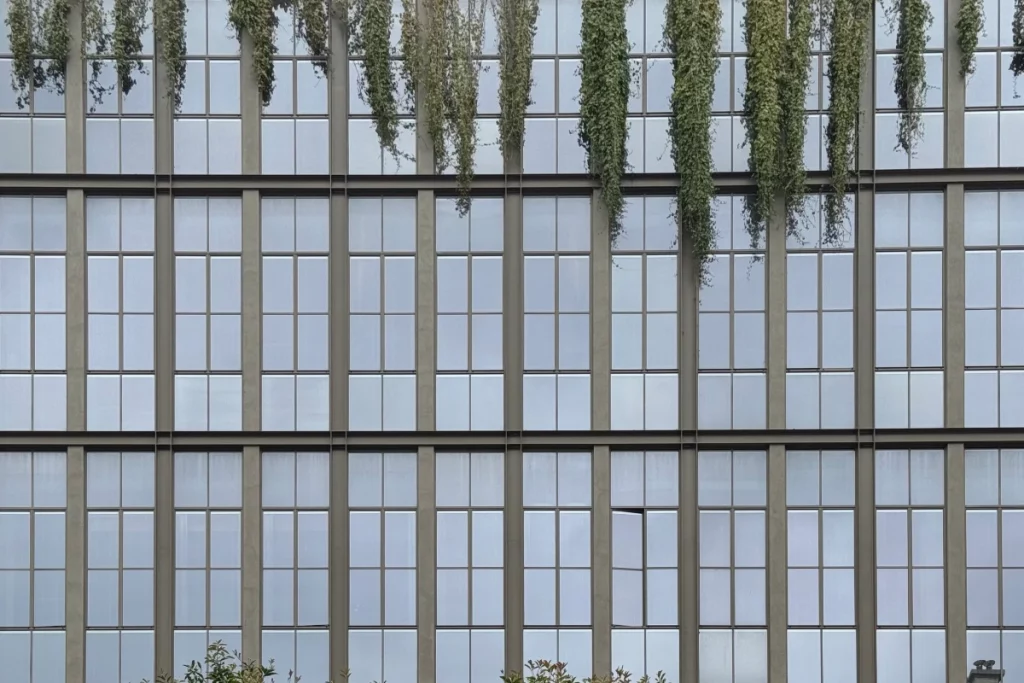
A Green District—and a Giant Back Garden
Brach Paris sits in Passy–La Muette, one of the 16th arrondissement’s leafiest pockets—quiet, bourgeois and refreshingly low on tourist traffic. Two minutes’ walk and the pavements give way to the Bois de Boulogne, an 845-hectare park that occupies almost half the district and hosts everything from rowing lakes to Roland-Garros. Cross the park’s northern edge and you reach Frank Gehry’s Fondation Louis Vuitton, whose glass sails echo Starck’s taste for translucent skins. Recent city plans add “rues-jardin” and 1,000 new trees at Porte Maillot, accelerating the area’s ecological tilt. Against this backdrop, Brach’s architectural restraint—original façade cleaned, not replaced—reads as contextual respect rather than extravagance.
A Material Narrative Written in Wood, Leather and Concrete
Walk through the lobby—an elevated, semi-private “pause” lined with Ara Starck canvases—and the story of raw matter unfolds. Floors in brushed oak segue into walls of hand-trowelled concrete; saddle-stitched leather, polished brass and Carrara marble punctuate the scene. Starck’s fascination with matière brute is not merely décor: all structural timber is FSC- or PEFC-certified, leather is tanned with vegetal extracts, and high-touch surfaces are finished with low-VOC varnishes. The translucent panels that backlight the lifts are Dacryl composites containing recycled acrylic shards—an industrial off-cut up-cycled into ambient art.
But Brach is no temple of earnest minimalism. Cushions woven by textile house Jules Pansu reproduce Picasso’s cubist faces; lamps perch on bookshelves with a single graphic cut that nods—subtly—to Lucio Fontana; colourful animal-shaped stools recall West African design; and books are everywhere—tumbling from floor-to-ceiling shelves, stacked on rosewood benches, exchanged seasonally like fresh flowers.
Every guest room functions as a micro-cabinet of curiosities. Instead of minibars, wall-mounted mini-libraries rotate with each French literary season; knurled metal knobs, Béton Ciré desks and custom ceramics reference the tactile diversity of the lobby. Seven suites (60–200 m²) open onto balconies overlooking the Eiffel Tower’s filigree—a daily reminder that luxury and landscape share the same frame.
Mirrors and glass partitions abound, multiplying light and extending sight-lines so that the boundary between public and private blurs without ever feeling exposed.
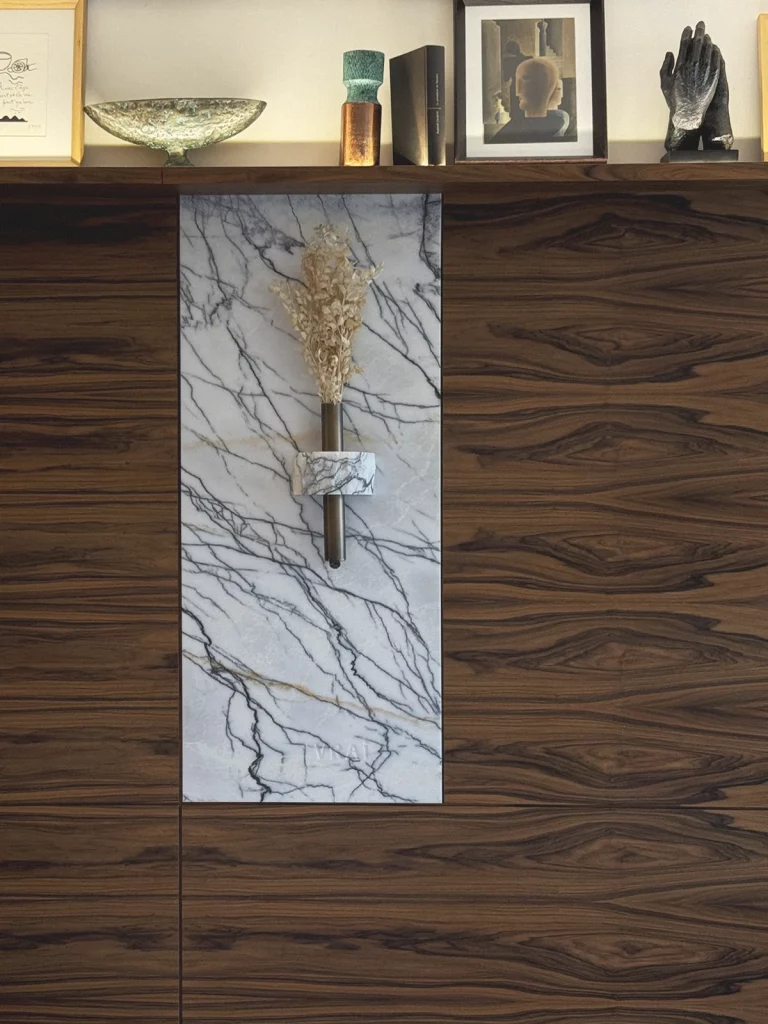
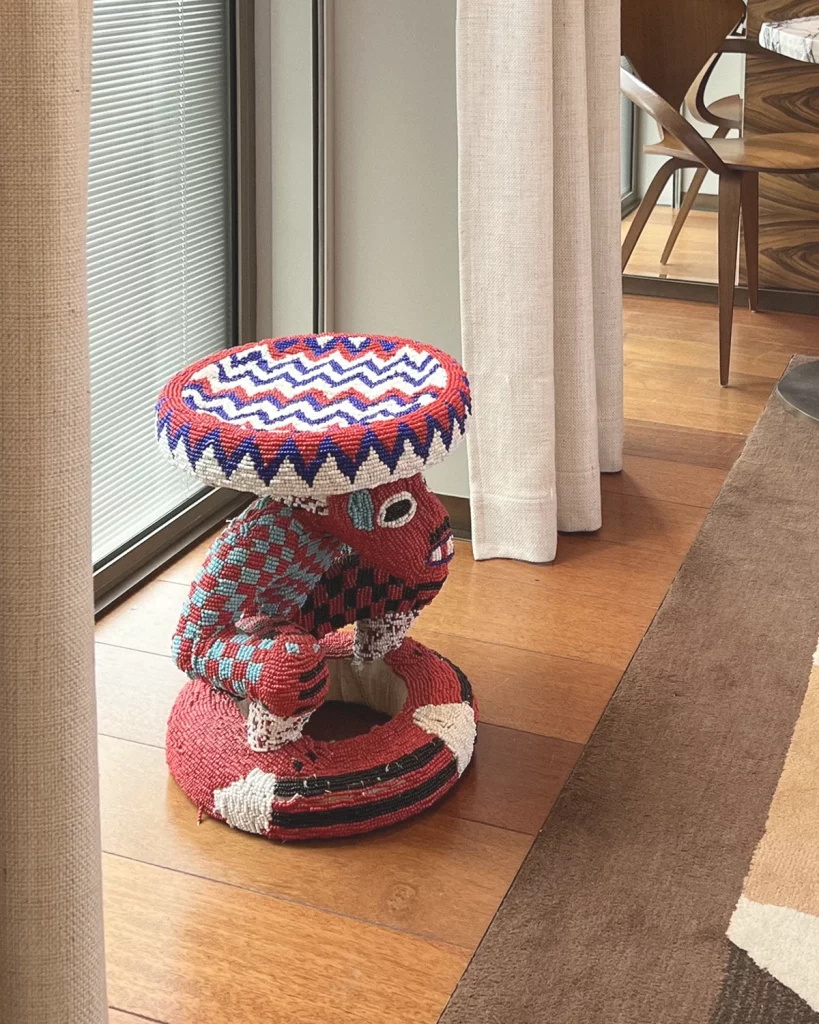
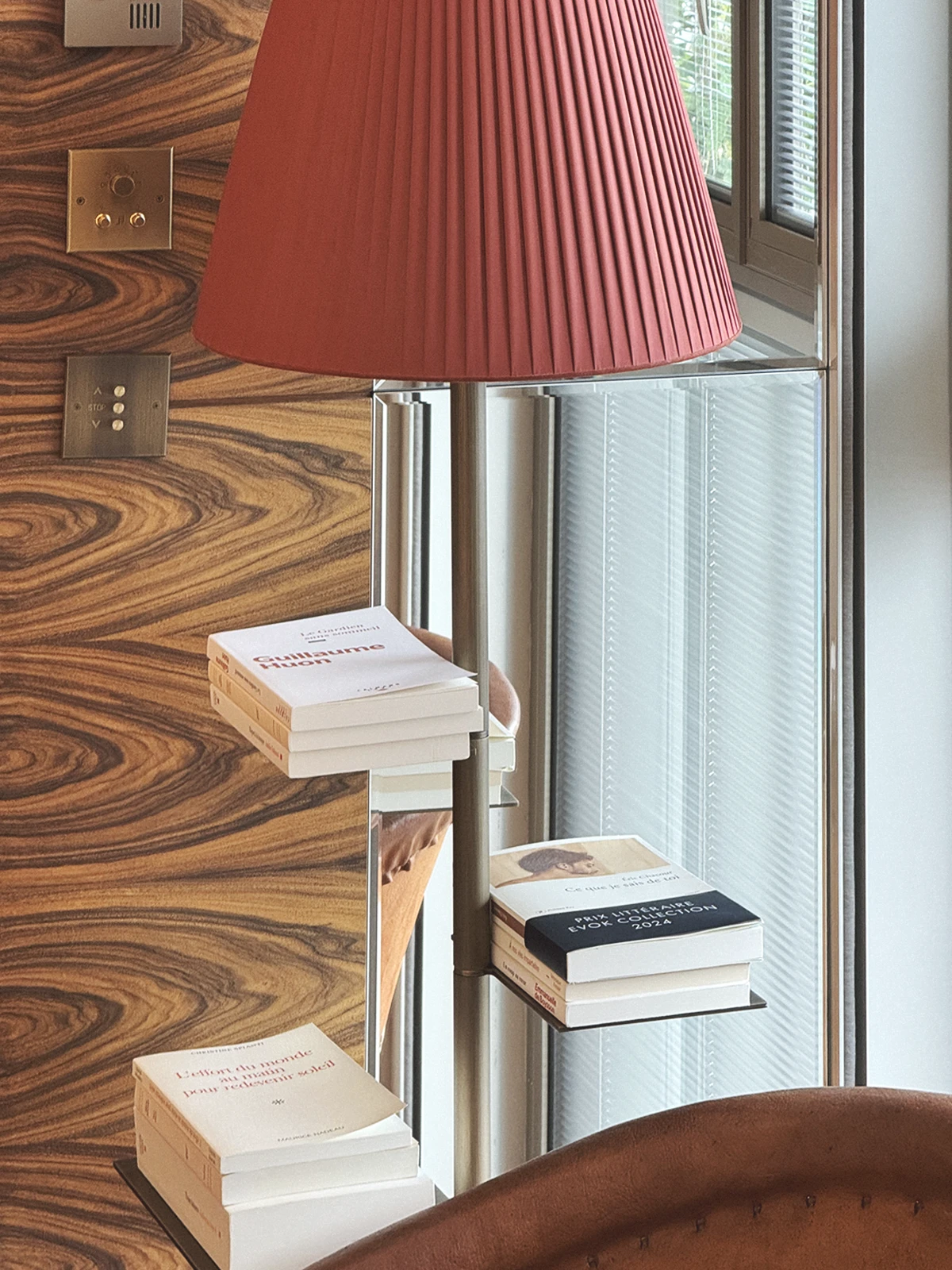
Sustainability with a Stamp of Approval
In June 2024 Brach Paris secured Green Globe certification, the first global eco-label for tourism. The evaluation, which audits more than 380 criteria, highlighted the hotel’s waste-management programme (67 per cent recycling rate), elimination of single-use plastics and a gender-balanced leadership team (57 per cent women in management).
Energy strategy is partly invisible: water warmed in the 22-metre sports pool pre-heats the domestic hot-water loop, cutting gas consumption by roughly 15 per cent, while motion sensors dim corridor lighting during off-peak hours. Future goals—outlined in Evok’s CSR roadmap—include on-site solar generation and a group-wide carbon-footprint disclosure in 2025.
Philippe Starck’s Democratic Design Manifesto
Starck has long preached a “democratic design” that is political, ethical, subversive, ecological, fun. In practical terms that means opening typically gated spaces to a wider public: Brach’s pâtisserie (by MOF pastry chef Yann Brys) and first-floor terrace bar welcome locals all day, while workshops in pottery and street art share the calendar with corporate launches. Room rates dip to €400 in low season—well below many Parisian palace hotels—an economic lever that extends the audience for five-star craft.

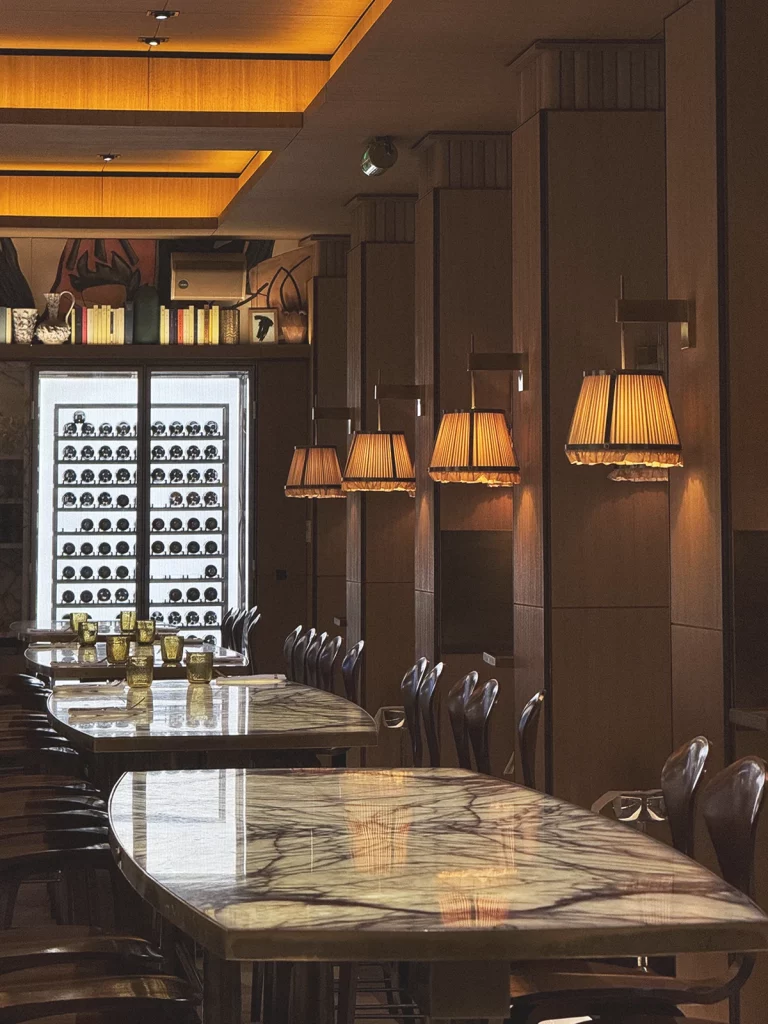
Rooftop Farm, Hens and a 360-Degree Paris Panorama
Take the lift to the seventh floor and the cinematic coup-de-théâtre appears: a vegetable garden of raised beds, aromatic herbs and a hen-house thrives twelve storeys above street level. From spring through autumn, the rooftop bar pairs cocktails by Jérémy Bacquet with produce harvested metres away; in 2025 the terrace will collaborate with Domaine Minuty for a Riviera-themed pop-up. Plastic tents are banned in winter; instead, seasonal canvases and infrared lamps keep diners warm without the eco-cost of propane heaters.
Mediterranean Soul, Asian Detours: Chef Adam Bentalha
Ground-floor Restaurant Brach channels a sunny Mediterranean larder—olive oil from artisan mills, za’atar-rubbed spring lamb, hummus brightened with candied-lemon caviar. Chef Adam Bentalha, ex-Ritz and Shangri-La, frames the menu as “healthy, balanced, generous”. Seasonal charts reveal that 73 per cent of vegetables travel fewer than 200 km, while tuna for the popular poke is now sourced from MSC-certified fisheries. Upstairs, a second carte explores Asia: sushi, ramen and red-tuna bowls signal the hotel’s multicultural DNA.
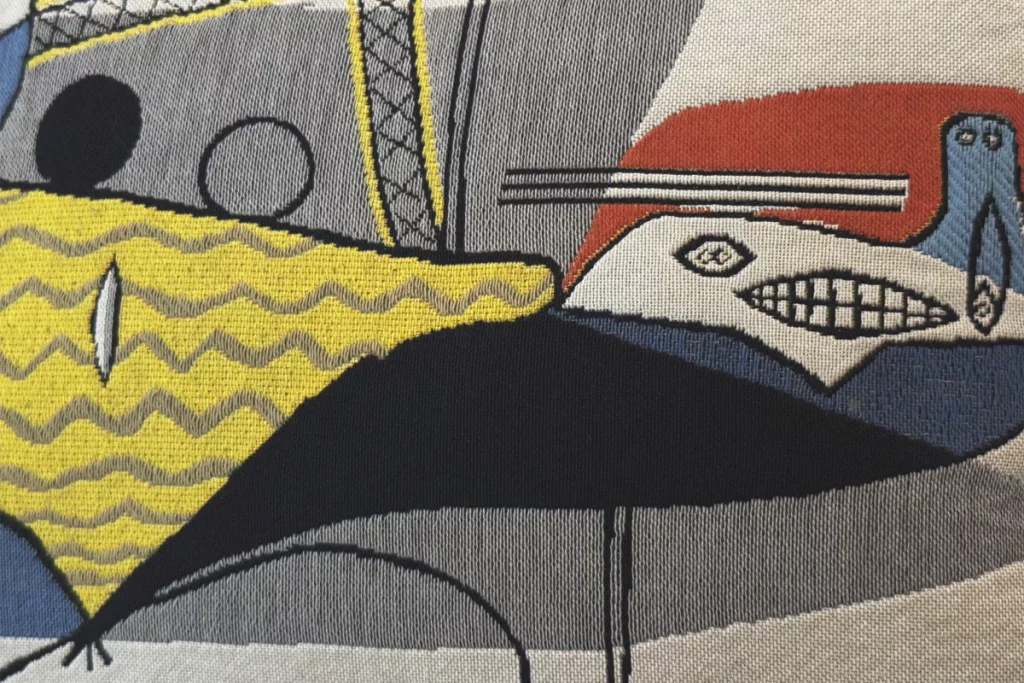
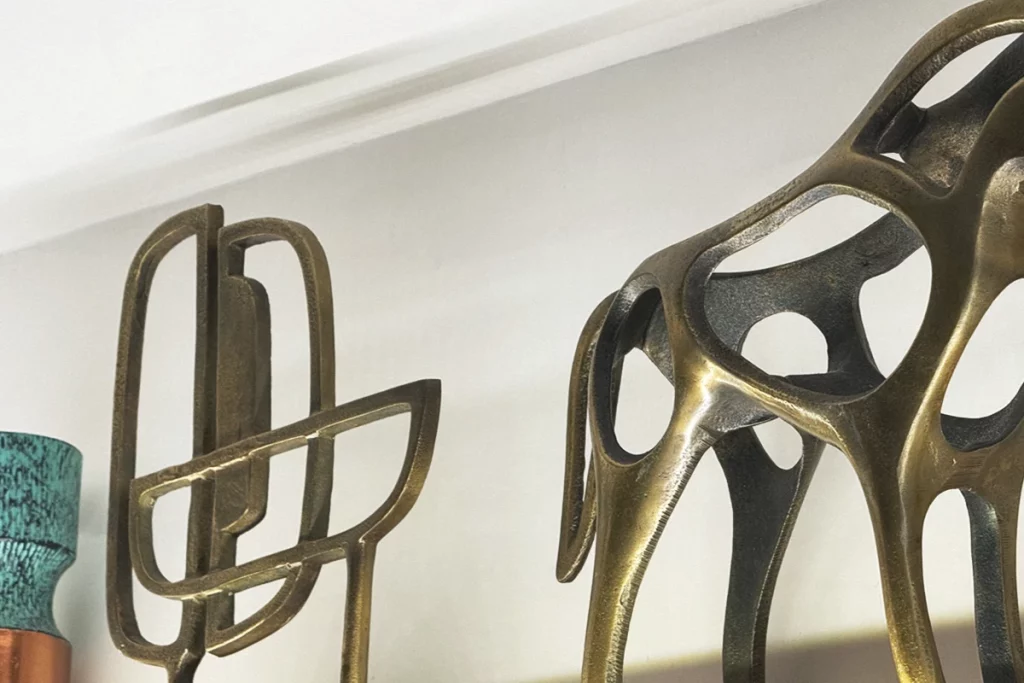
Wellness, 1930s Boxing Spirit and Energy Recovery
If the rooftop is air, the sports club is muscle. Inspired by 1930s boxing gyms, the 1,000 m² complex features a 22-metre pool, a 6 × 6 m vitality pool, sauna, hammam and a pink-salt grotto for halotherapy. Up to 100 group classes a week—boxing, Vinyasa yoga, hydro-circuit training—are open to locals via memberships, reinforcing Evok’s stated mission of community integration. A Clarins spa next door offers treatments that include access to the pool; products are cruelty-free and dispensed from refillable glass flacons.
Culture Engine: Books, Fashion, Film
Evok uses Brach as a culture lab. Each July the Evok Literary Prize crowns a summer-friendly novel, stocked in every guest-room bookshelf. The 2024 winner, Ce que je sais de toi by Éric Chacour, echoes Brach’s own diasporic mindset. In fashion, the Evok × Atelier Chardon Savard Award challenges students to up-cycle hotel linens into couture pieces, while the upcoming Evok Film Award will debut in the hotel’s private cinema—jury chaired by actor Pierre Niney. These initiatives link hospitality to the creative economy without grandstanding.

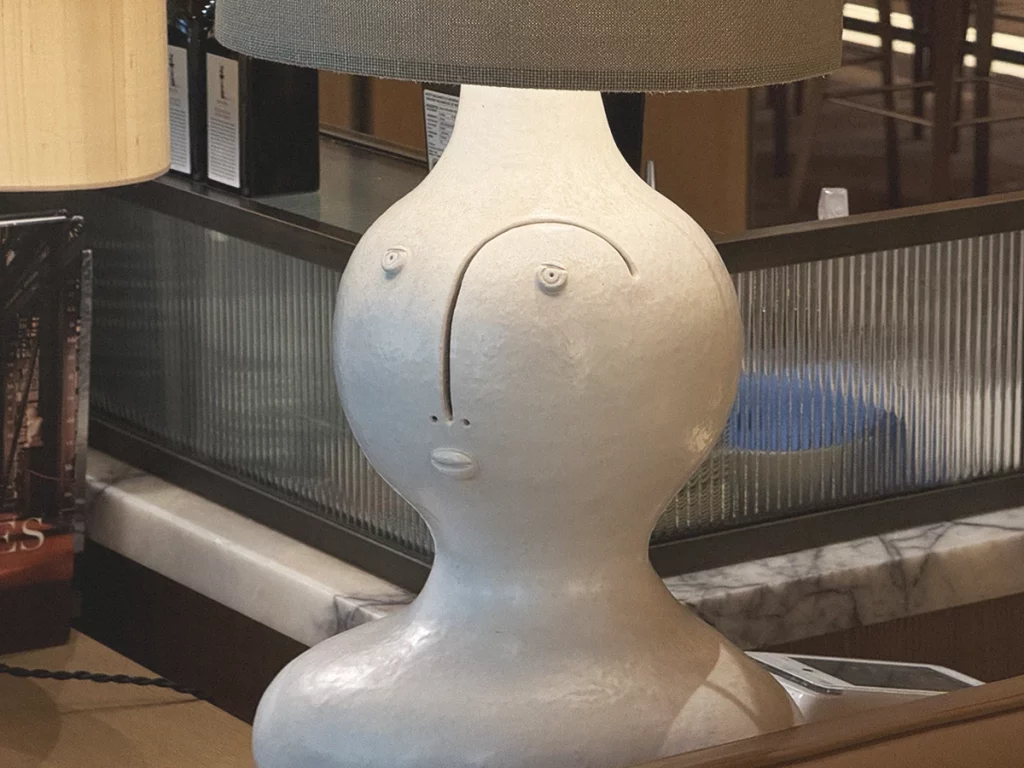
Living Lab for Adaptive Re-Use
Architecturally, Brach is cited in Paris-La-Défense seminars as an exemplar of adaptive re-use with luxury programming; the French climate law tightens limits on new-build commercial projects, making such conversions crucial to the city’s Net-Zero 2050 target. Starck’s respectful handling of the concrete frame—piercing it with loggias rather than replacing it—saved an estimated 5,300 tonnes of CO₂ compared with a tear-down rebuild (Evok internal LCA, 2023).
Scaling the Model: Brach Madrid and Brach Rome
Success has emboldened Evok: Brach Madrid opened in December 2024 in a 19th-century telephone exchange near Chamberí, while Brach Rome is slated for 2026 in a rationalist-era palazzo off Via del Corso. Both projects will replicate the rooftop-farm blueprint and pursue Green Globe Level 2. Starck speaks of a “framework, not a cookie-cutter”, where local stone—Madrid’s granite, Rome’s travertine—replaces Parisian marble, proving that material storytelling can be geo-specific yet brand-consistent.
Matteo Mammoli



